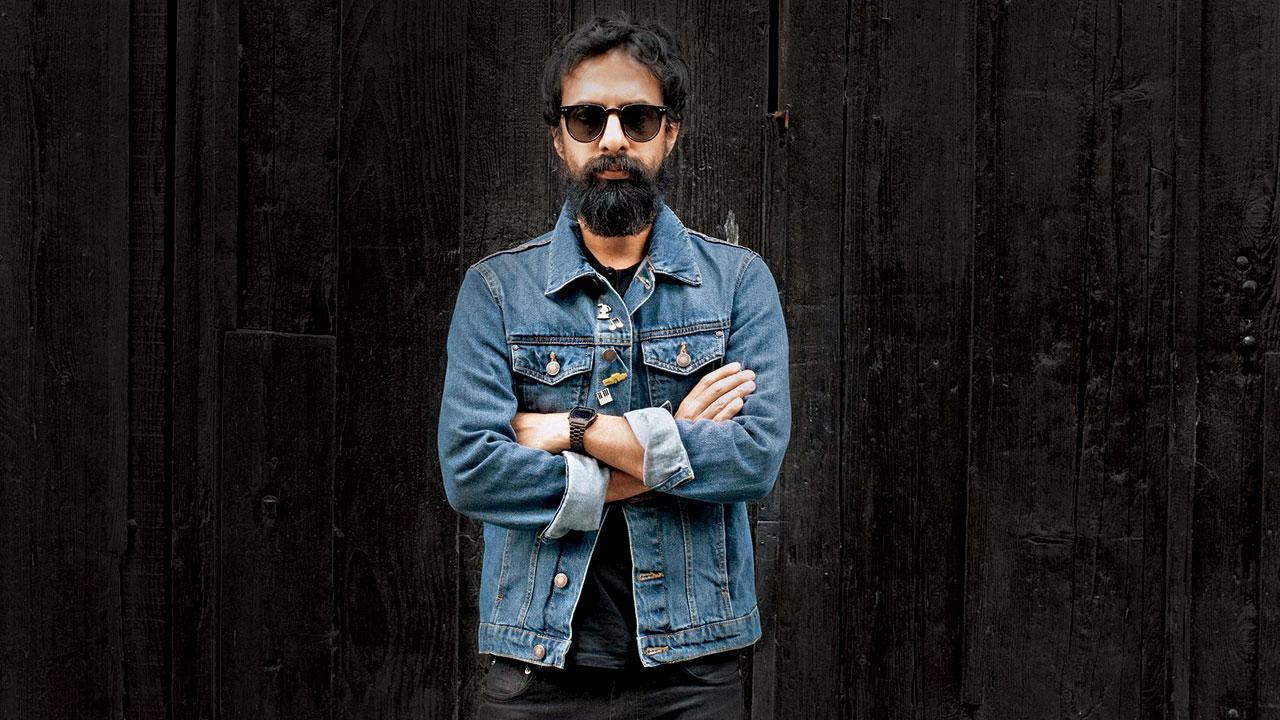
In a significant shift in the Indian music industry, the conversation about artificial intelligence (AI) has moved from the sidelines to center stage. This move gained momentum when AR Rahman, one of Bollywood’s most revered musicians, revealed that he used AI to recreate the voices of late singers Bamba Bakya and Shahul Hameed. Although Rahman received the necessary permissions before employing these technological tools, the ethical questions surrounding AI’s usage are troubling to musician Ankur Tewari. When asked about AI’s role in the Bollywood music industry, Tewari’s concerns came to the forefront.
“In the industry, while people are playing around with AI, it hasn’t been part of the mainstream music scene yet,” Tewari commented. “Questions have been raised about the ethics of this practice, and these need to be addressed before one can generate income from it. People are treading carefully to ensure their rights are not compromised in the future. A lot of lives depend on royalties and intellectual property. If I have written work and someone uses it as a database to create more work, I need to benefit. Otherwise, people could use my intellectual property without rewarding me for it. But if people benefit from all the work they have created, it should be fine.” He was quick to add that once the legal aspects of these issues are resolved, he would gladly join others in using AI tools.
Contrary to common perceptions, Tewari noted that even today, several software programs are producing “above average” work. “It may not be groundbreaking, but I am intrigued by what it is producing,” he said. “In the future, these tools will likely become more sophisticated. For instance, David Bowie used a lyric machine to write lyrics for some of his songs. So people can certainly use these tools to write lyrics or as instruments that blend organic sounds in novel ways. People will find a myriad of uses for it. In music, AI could be used in parts of the song or to generate an entire song. We will be living a reality far removed from our current one, and it will be accepted as easily as other technological tools are today.”
Tewari likened the current era to the industrial revolution, stating, “Creators are creating content in digital factories. The people making this content don’t understand how these machines are using them, and in turn, believe they are using the machines. The labor laws are not established for creators.
. So you might be creating something you believe is yours, but it is not, actually. But artists should explore these tools. There is no point in resisting the change. We need to understand it to avoid exploitation.”
Ankur Tewari thus urges artists to integrate technology into their craft but warns of the potential pitfalls in the absence of robust legal frameworks. “We are in the midst of a technological revolution, and just like the industrial revolution, it’s crucial for creators to be mindful of how they’re interacting with these machines. While AI can be a fantastic tool for creativity, it’s a double-edged sword. Without proper labor laws, artists might find that the creations they think belong to them are actually controlled by the technological frameworks they use,” insists Tewari.
Despite these concerns, Tewari is optimistic about the potential for AI in the music industry. He acknowledges that while AI may not currently produce out-of-the-box work, its capabilities are improving rapidly. For example, AI tools can now generate music, assist with songwriting, and even mix tracks. This broadens the horizon for musicians, offering them a new set of tools to experiment with and enrich their creative processes.
However, Tewari’s enthusiasm is tempered by a sense of caution. “Imagine if someone took the lyrics you’ve written over years, fed them into an AI, and created new songs without giving you any credit or financial benefit. That’s the kind of scenario we must avoid,” he explains. “Legal protections need to evolve in tandem with technological advancements to ensure that creators are adequately compensated and recognized for their work.”
He also emphasizes that artists shouldn’t resist the dawn of AI but should instead strive to understand it. “Artists need to explore these tools and understand their potential,” Tewari advises. “There’s no point in resisting technological changes. Embrace them, learn about them, and use them to your advantage while safeguarding your creative rights.”
In closing, Ankur Tewari’s insights illuminate the intricate balance between embracing technological advances and protecting creator’s rights. His call for a careful, informed approach will resonate with artists navigating the complexity of the digital age, underscoring the need for both innovation and vigilance.












